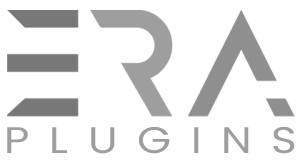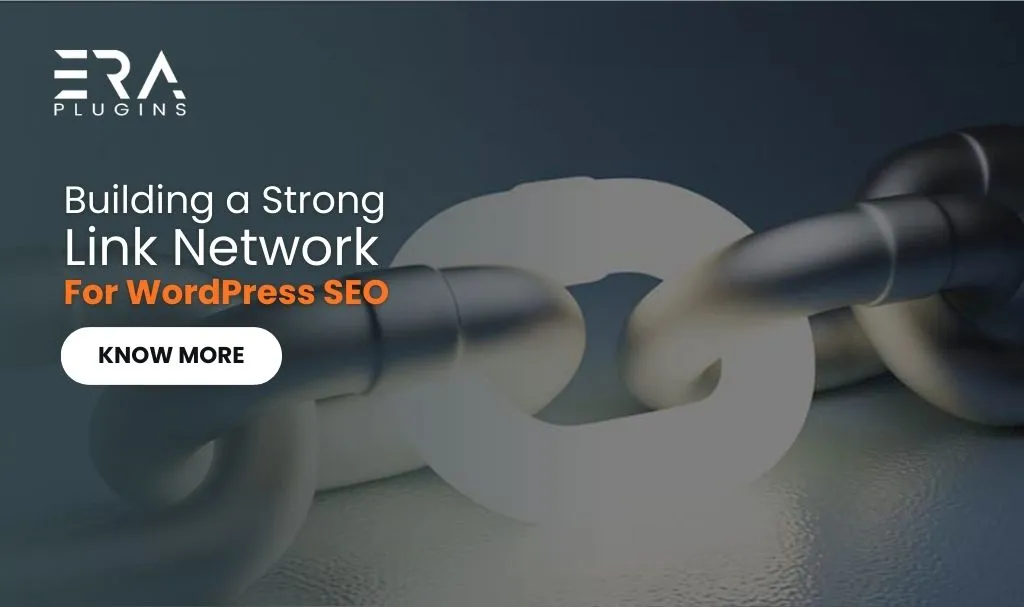Building a Strong Link Network for WordPress SEO ,Links play a significant role in WordPress SEO, influencing how search engines understand the relevance and authority of your website’s content. Both internal and external links contribute to a robust link network. Here’s how to build a strong link network to enhance your WordPress SEO efforts:
Internal Links:
- Content Hierarchy: Utilize internal links to establish a clear content hierarchy. Link to related articles or pages within your website to guide users and search engines through your content.
- Anchor Text Optimization: Use descriptive anchor text that gives users and search engines a clear idea of the linked content. Incorporate relevant keywords naturally into your anchor text.
- Relevance: Link to relevant content that adds value to the user’s experience. Avoid overlinking or using excessive internal links in a single post.
- Breadcrumbs: Implement breadcrumbs to display the site’s structure and help users navigate easily. This also benefits search engines in understanding your website’s organization.
- Link to Pillar Content: If you have cornerstone or pillar content, strategically link to it from various related articles. This enhances the authority of your pillar content.
External Links:
- High-Quality Sources: When linking to external sources, choose reputable and authoritative websites. These outbound links can lend credibility to your content.
- Useful Resources: Link to resources that provide additional value to your readers, such as studies, research papers, or in-depth articles.
- Natural Integration: Incorporate external links naturally into your content. They should enhance the reader’s understanding or provide further context.
- Open in New Tabs: Configure external links to open in new browser tabs or windows. This keeps users engaged on your site while allowing them to explore linked content.
- Avoid Over-Linking: Just like with internal links, avoid overloading your content with too many external links, as this can distract users and dilute the focus of your post.
- Rel=”nofollow”: Use the rel=”nofollow” attribute for external links when appropriate. This attribute tells search engines not to pass link authority to the linked page. It’s useful for avoiding passing link juice to low-quality or untrusted sites.
- Link Building Strategies: Strategically build backlinks to your content by reaching out to other website owners, guest posting on relevant blogs, and participating in online communities.
Remember that Building a Strong Link Network for WordPress SEO and the quality of your links matters more than the quantity. Focus on providing value to your users through well-placed, relevant links that enhance their experience and understanding of your content.





